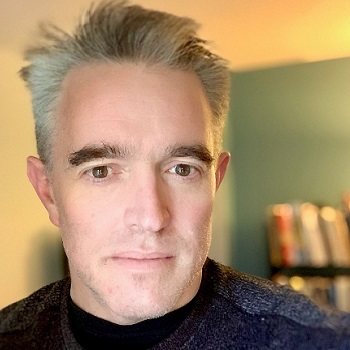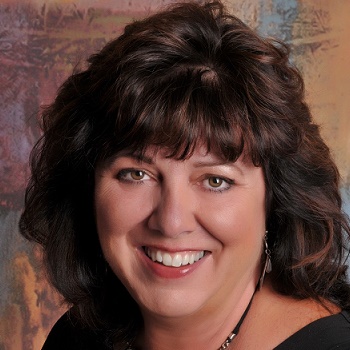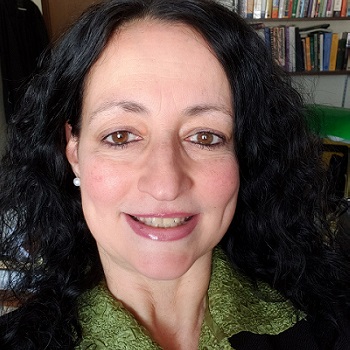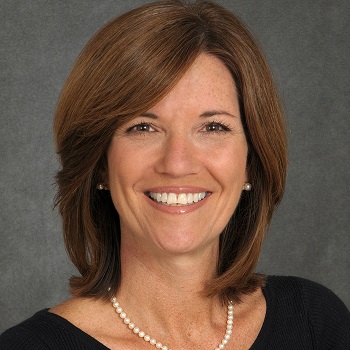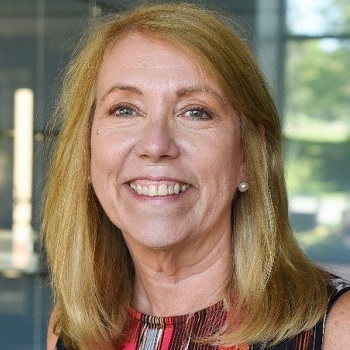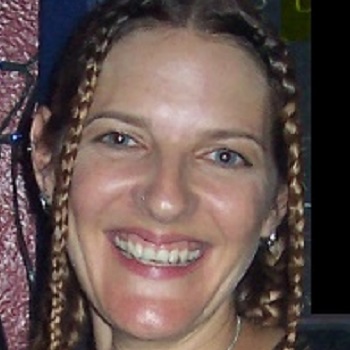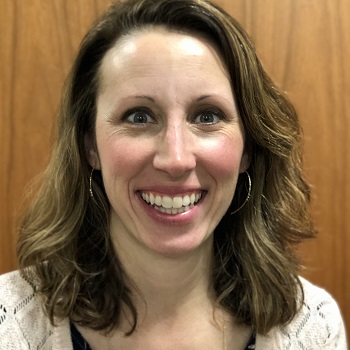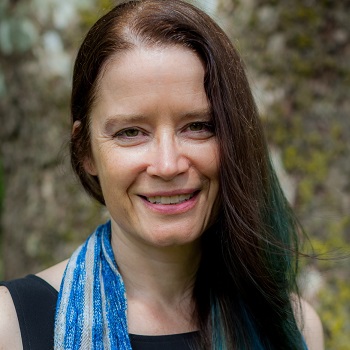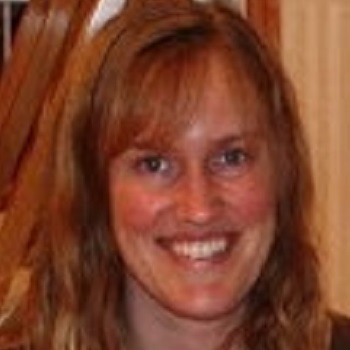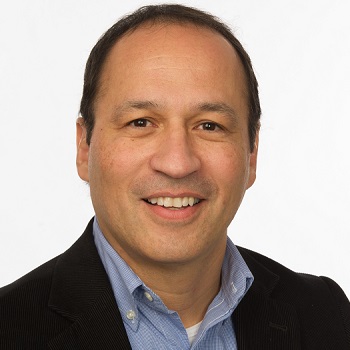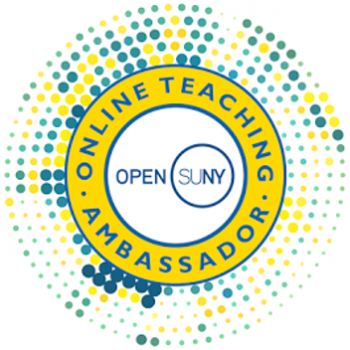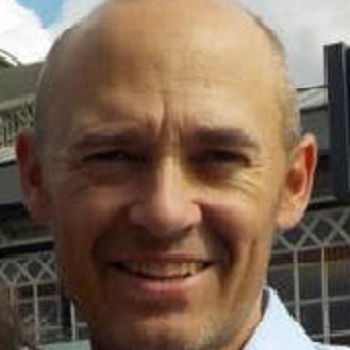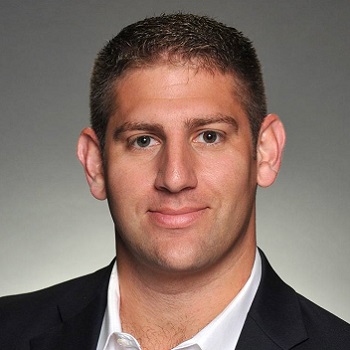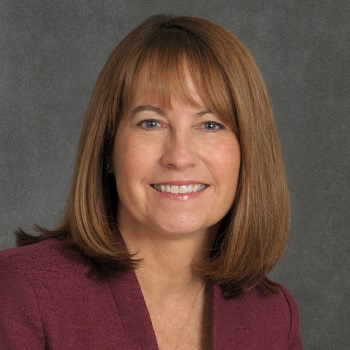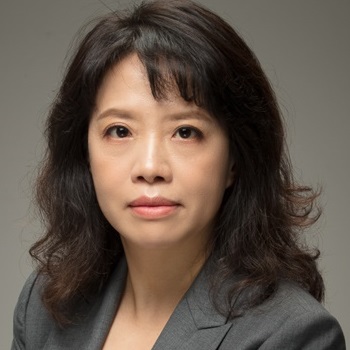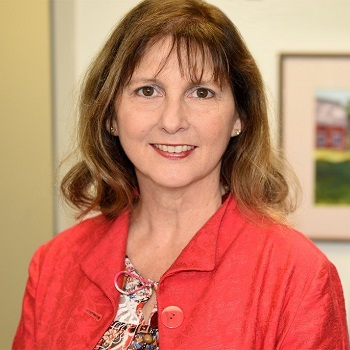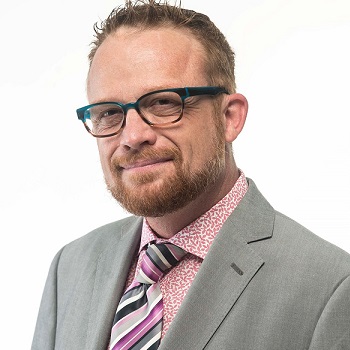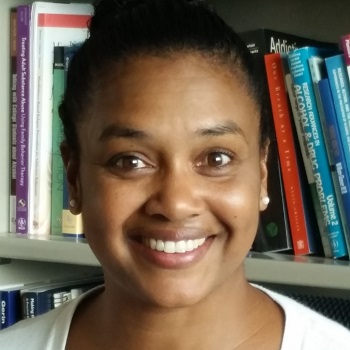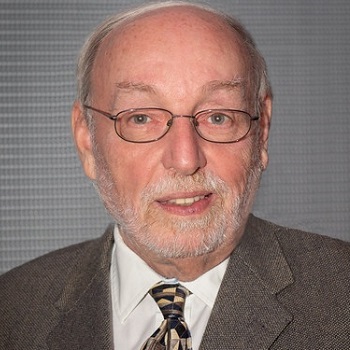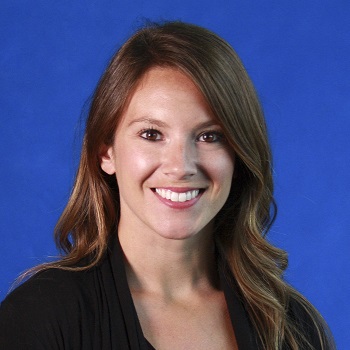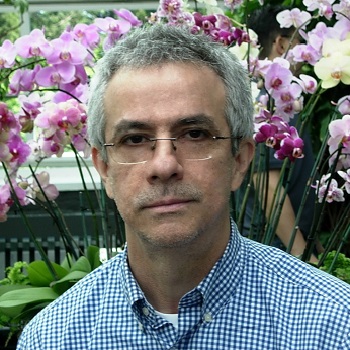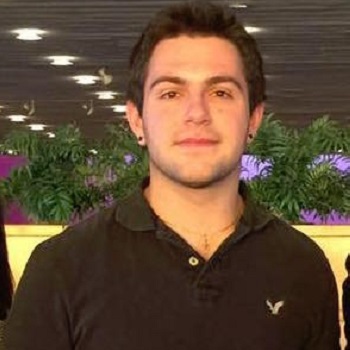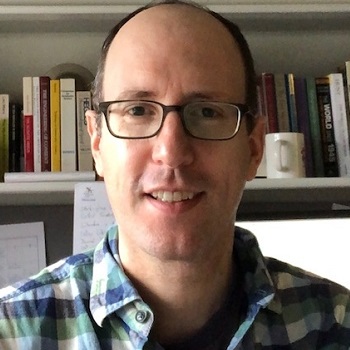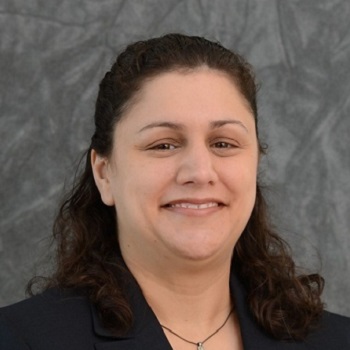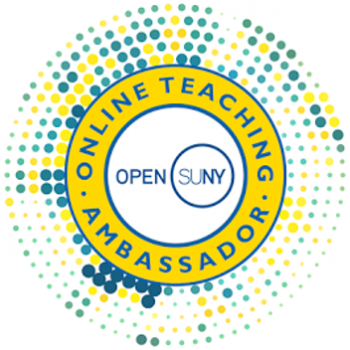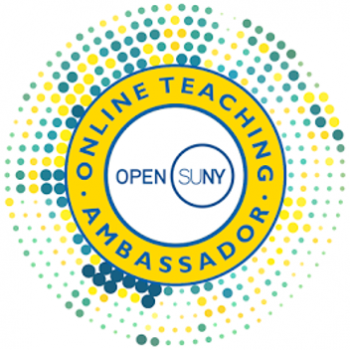Open SUNY Online Teaching Ambassador 2020: Farmingdale – Emily A. Fogarty
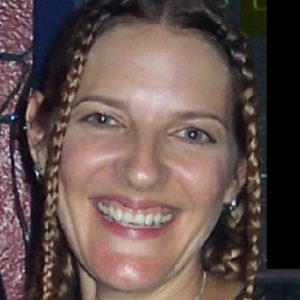
Farmingdale State College
Emily A. Fogarty, PhD, Assistant Professor in the Department of History, Politics and Geography at Farmingdale State College, obtained her PhD in Geography from Florida State University in 2009. Previous research involved spatial and temporal variation in tropical cyclone activity related to large-scale climate variability. Dr. Fogarty’s current areas of interest focus on the geography of the tattoo industry, understanding the virtual geography of social media landscapes and geospatial education for K-12 teachers/students. Dr. Fogarty serves on the New York State GIS Association board and is currently a term-appointed member of the NYS Geospatial Advisory Committee and holds an educational seat on the Long Island GIS User Group Steering Committee. In 2017, Dr. Fogarty was recognized as GIS Champion by the NYS GIS Association.
Dr. Fogarty has a longstanding passion for teaching students the geospatial science of geography; instructing college courses beginning in 2003 and online since 2011 and later developing and implementing a Bachelor of Science degree program for Geographic Information Systems at Farmingdale State College (FSC). Currently she instructs online courses such as Introduction to GIS, World and its Peoples, Physical Geography, Spatial Analysis, Urban Geography, Digital Earth and Environmental Interactions. Dr. Fogarty hopes to expand Farmingdale’s offerings to Open SUNY by launching the current Geographic Information Systems (GIS) B.S. as a fully online degree granting program.
While I was a graduate student in the Dept. of Geography at Florida State University, I was asked to teach an undergraduate spatial data analysis class. Excited for the opportunity, it turns out I was the only one excited about the class since spatial data analysis is statistics-centric, the lack of enthusiasm by the students quickly became apparent. The challenging task to interest the students in the subject became my mission. I soon found ways to allow my passion for statistics bubble over and conducted classes with such ardor that students eventually saw statistics in a different light. It was this decisive moment I found teaching so rewarding it eventually led to my becoming a college professor. Once I became an online college instructor, I had to adapt to the online learning environment so I could connect with my students. Through a good deal of professional development training, years of feedback from students and peers, and competency with the operation of a variety of learning management platforms (Blackboard, Moodle, D2L, Sakai); I am able to generate the same enthusiasm for the material as I would in a physical classroom setting allowing for these same types of connections. In my opinion, the key to success for online learning is to balance the learning experience with social, cognitive and teaching presence in the online classroom environment. The educational experience of distance learning courses must produce the same student learning outcomes as courses taught in traditional face-to-face and hybrid classrooms. Setting the climate, providing supporting discourse and selecting suitable content combine to enhance the online learner’s educational experience.
